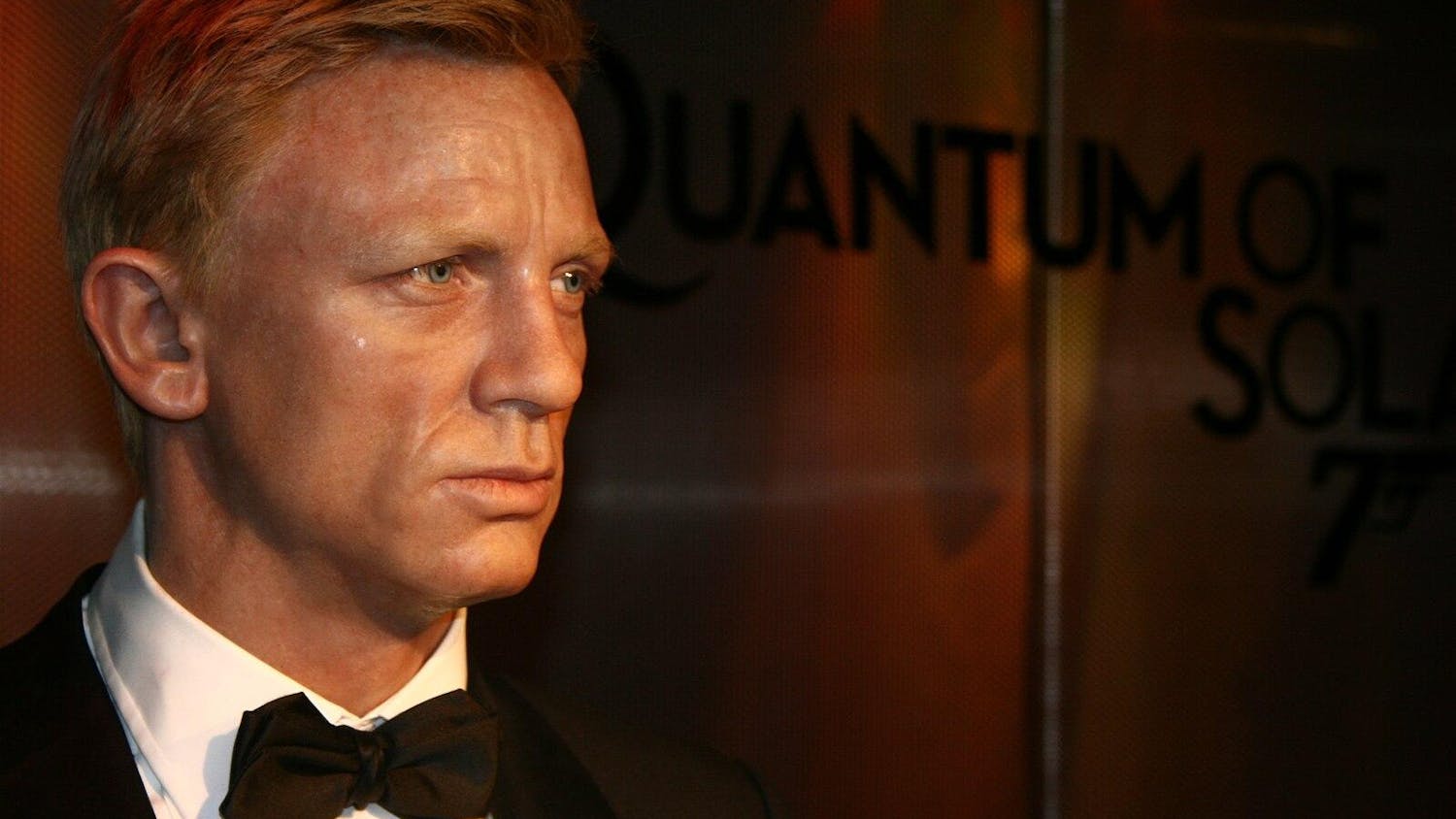CBS crime drama “Elementary” has returned with a spectacular start to its second season, complete with explosions, secrets and even an estranged brother. A modern New York version of Sherlock Holmes, “Elementary” is a fresh take on the detective persona, showcasing Holmes’ uncanny knack for details against the background of today’s technology-dependent society.
As a modern interpretation of the beloved classic, there are some notable and positive changes to the framework of the story. One of the more refreshing is tthe casting of women in more prominent roles than ever before. Here, Dr. Joan Watson — traditionally a male figure — is a played by Lucy Liu. Watson’s charm and down-to-earth attitude meshes well with the bitter, caustic side of Holmes (Jonny Lee Miller). A recovering drug addict with a great deal of emotional baggage, Holmes returns from rehab and is forced to live with Watson, an addiction specialist, who helps him maintain his sobriety. As Holmes resumes his job as a New York City police consultant, Watson accompanies him on various jobs and ultimately ends up working with him to crack the cases.
Having lost a patient after making a mistake in the operating room, Dr. Watson has retired from surgery — which is why she is able to act as Holmes’ sober, live-in companion. By the second season, though she is still plagued by her malpractice, Watson begins to work past some of her personal demons with Sherlock’s help. Watson has traditionally been a sidekick character, but in “Elementary,” Lucy Liu portrays Watson as a heroine with a smart, sarcastic personality. Watson develops her own detective skills with extensive aid from Holmes, and the second season sees Watson not only as a main character, but also as a detective in her own right.
This season jumps right back into this detective mindset. One of the most unique things about “Elementary” is the originality of its crimes, such as murders committed by 3-D printed guns or for the fame of working out an unsolvable math problem. All of these are more than plausible in today’s high-tech world. And with gritty, realistic characters that drive the story emotionally, “Elementary” avoids the mistake so many other rookie detective shows make: assuming that there have to be likeable and relatable characters to link each individual case together. By not devolving into the simple case-of-the-week format, the series becomes a cohesive unit — each episode incorporates something new that ties it back to older episodes.
More than anything, the show delves deeply into the background of the two main characters. Miller creates a Sherlock who, behind his brilliance, struggles — he is a character with believable faults. His addiction to drugs seems to stem from an inability to turn off his deductive mind, and his knack for connecting thoughts, places and people is ultimately his weakness. The first episode of the second season dives back into the deductions and diversions that only Holmes could find, and his wit and temper add amusement to any situation. Hopefully the writers will bring back that same spark this season.
The second season also sees the arrival of Holmes’ estranged brother, Mycroft Holmes (Rhys Ifans), during Sherlock’s stint in London. Mycroft is a welcome addition to the show, and his character seems to develop within the episode. He ranges from enigmatic and deceptively pleasant to a strikingly vulnerable yet quirky man who ends the episode with a bang. If his character remains for only two or three more episodes, the show will lose a potential goldmine of interesting situations and tension between the two brothers, who never had a good relationship.
“Elementary” brings a full dose of freshness, not only to the Sherlock Holmes world, but also to the detective genre in general. Viewers can only hope that this season will live up to the first, and with a cast of fleshed-out characters and a wealth of different cases to be explored, the second season of “Elementary” is sure to be a must-see this fall.






